On July 26th, Liberia will observe its independence from the American Colonization Society. Liberia’s national anthem includes the words, “Long live Liberia, happy land! A home of glorious liberty, By God’s command!”
Many women who suffer from obstetric fistula don’t feel as if the words “freedom,” “peace,” “happy,” and even “justice” apply to them. Their freedom is restricted, not by another nation, but by the constant leaking of urine or feces (sometimes both). They feel no peace as they have to scrub sheets two or three times a day, or clean their bodies and clothing even more often. They are sad, not happy. They are not at peace. Their situation is frequently caused by the injustice of limited healthcare or funds to pay for prenatal care.
Dignity:Liberia exists to give women freedom from the fear of developing a fistula by providing them with prenatal care by a medically trained midwife in its maternity waiting home, House of Hope and Dignity. Should the expectant mother require emergency treatment in a hospital setting, we will have the ability to transport her to the nearest hospital by ambulance.
The words associated with the national ambitions of both nations apply in a very personal way to the mother and her child: a freedom from fear, peace of mind, pride and happiness at the safe delivery of a child, long life for both mother and child.
So many of us take access to skilled medical care for granted. However, that is not always a given. It takes a dream to reach this goal and it takes support to help achieve the dream. Please do your part in making this dream become a reality. Thank you!
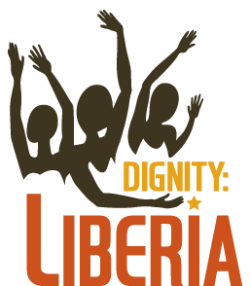



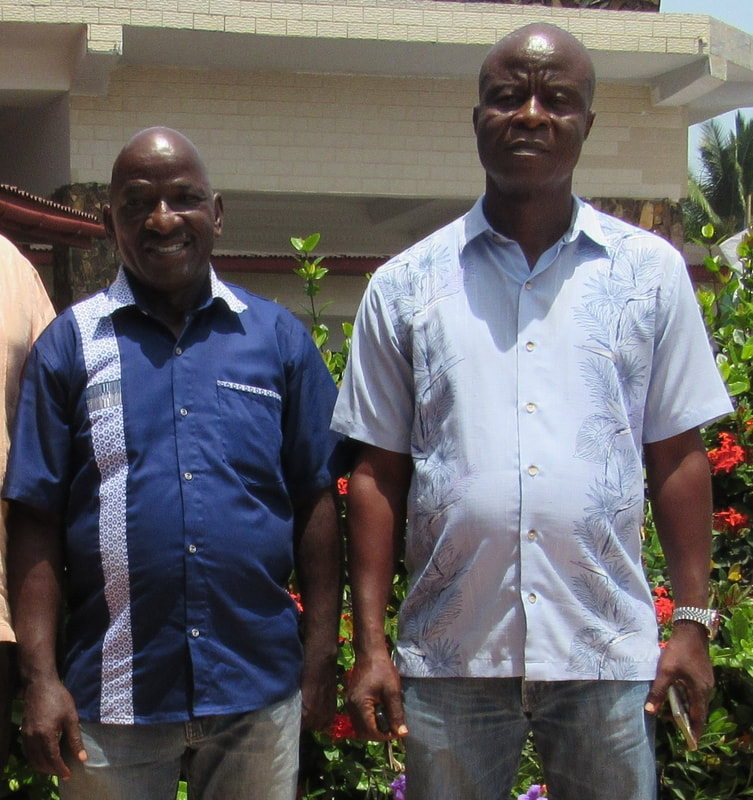
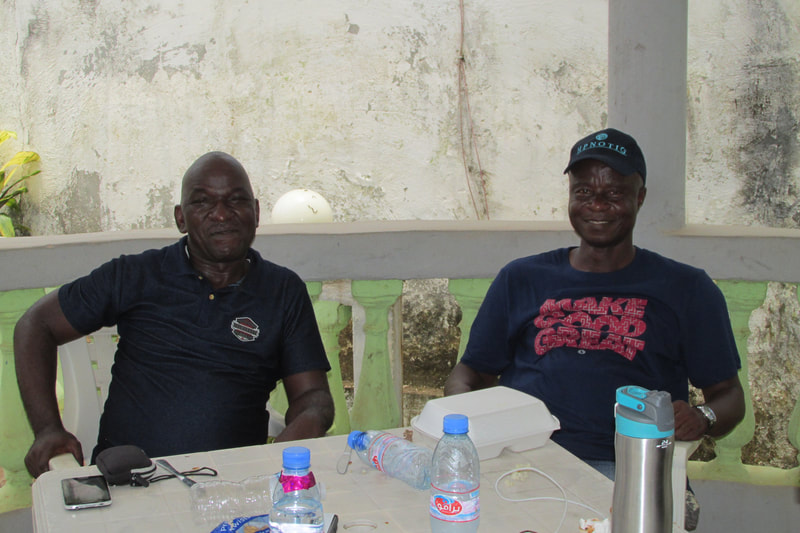
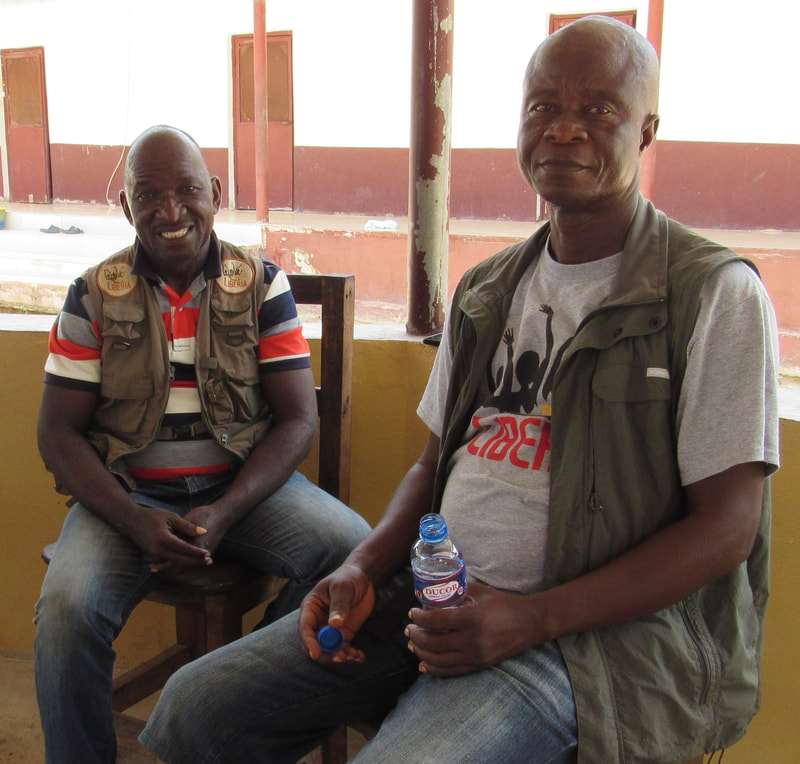
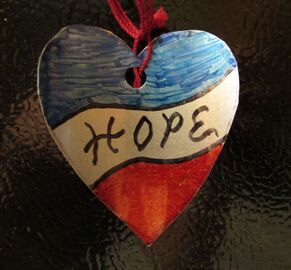
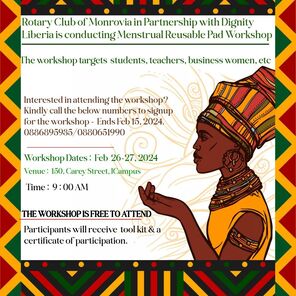


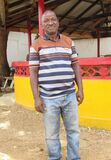
 RSS Feed
RSS Feed